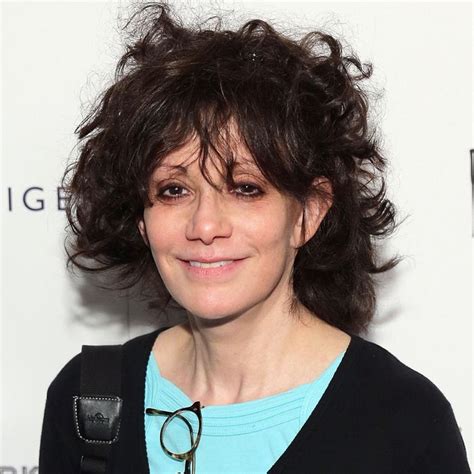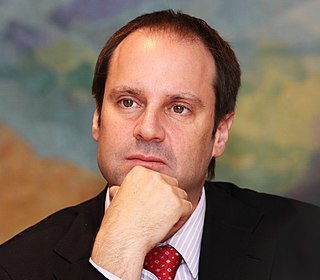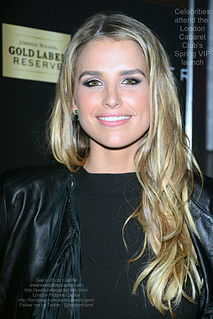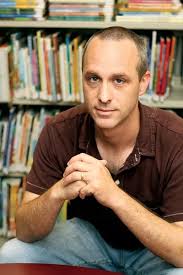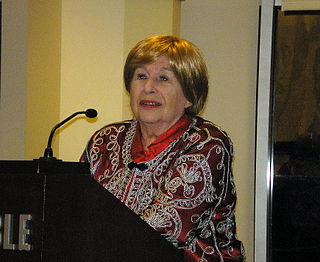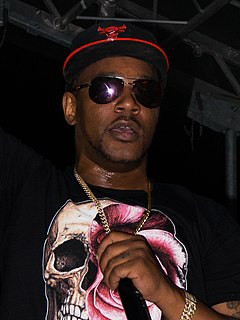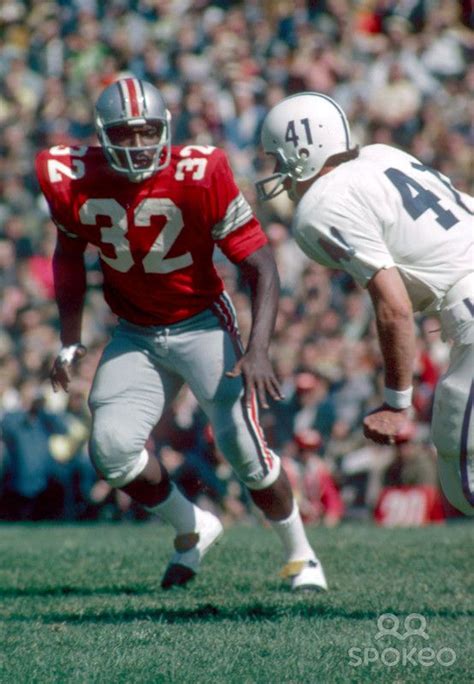A Quote by Francis Ford Coppola
When I was sixteen or seventeen, I wanted to be a writer. I wanted to be a playwright. But everything I wrote, I thought, was weak. And I can remember falling asleep in tears because I had no talent the way I wanted to have.
Related Quotes
I went to New York. I had a dream. I wanted to be a big star, I didn’t know anybody, I wanted to dance, I wanted to sing, I wanted to do all those things, I wanted to make people happy, I wanted to be famous, I wanted everybody to love me. I wanted to be a star. I worked really hard, and my dream came true.
I had just been in some repressive situations - the black middle-class college scene and the crazy United States Air Force - and so I just felt like getting out of that. I thought, now, that I wanted to be a writer. I had something that I wanted to do, that I was interested in doing, so I wanted to pursue that.
No sooner had he thought this than he realized what was anchoring his happiness. It was purpose. He knew what he wanted to do. He knew the way he thought things should be, and Mr. Harinton was proving that other people--even adults--could feel the same way. Nicholas had something to aim for now. He might not know what he wanted to be when he grew up, but he knew with absolute certainty how he wanted to be.



